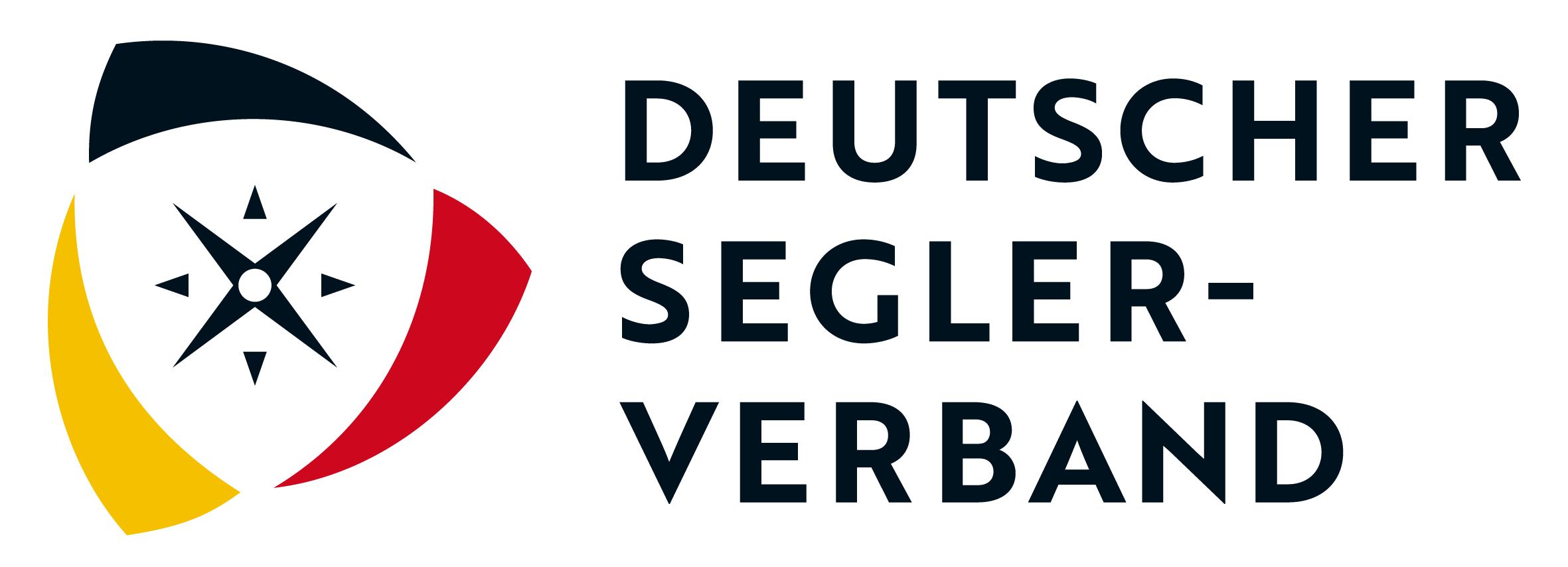U.S. Olympic Committee - Sport Science and Technology Program
(NOK der USA - Sportwissenschaftliches und Technologie-Programm)
The U.S. Olympic Committee (USOC) announces the Sport Science and Technology Grants Program to develop and deliver scientific information and technology that optimizes athlete performance. This program seeks to identify and address critical athlete performance issues through the application of science and technology, and to promote their effective application.
Funding will be considered for research and development in the following areas:
biomechanics;
injury prevention;
motor learning/control;
physiology;
psychology;
talent identification methods;
optimal methods for training and competing;
training instructional programs for coaches and athletes.
USOC Member Organizations have individual needs for research. Some of them are:
National Archery Association : video overlay system and how it could be applied to archery; contact William Grant at e-mail: grant_william_j@lanl.gov
USA Baseball: youth baseball injury surveillance, pitching mechanics, aerobic program and long-term impact on endurance.
USA Bowling: diet and fitness; biomechanics; strength and flexibility; sports psychology; lane topography.
US Canoe & Kayak Team: stroke analysis; boat design; design and implementation of competition software; contact Jeri Andrews at e-mail: sideangles@sprintmail.com
USA Curling: the biomechanics of the curling delivery with emphasis on prevention of chronic knee injuries. Contact Mark Hartman at e-mail: usacurl@coredcs.com
USA Cycling: how body temperature and the ability to thermoregulate effect performance in hot and cold environments; specific markers used to monitor responses to training: blood, saliva, and psychological Contact e-mail: mwrcmgn@aol.com
United States Diving: biomechanical analysis of dry land training drills; vision enhancement program; upper extremity and shoulder injury mechanism; simulator development for aerial skills; develop a periodizing/tapering model for various acro-sports; contact Janet Gabriel at e-mail: usdedsate@aol.com
U.S. Equestrian Team: how psycho-physical stress affects horses during long transit to event locations.
U.S. Fencing Association: prevention of shoulder and knee injuries; tensile strength and mechanics of blade blending; optimal weight and plyometric testing programs; acclimatization to time zone change.
U.S. Figure Skating Association: muscle imbalances, foot injuries, plantar flexion and increasing strength in feet.
USA Gymnastics: factors associated with skeletal injury; development of profiles in determining at-risk athletes for injury, disordered eating, anemia and energy inadequacy; interrelationship of psychological, sociological, medical and training factors leading to overtraining and reduced athletic performance. Contact Nancy Marshall at e-mail nmarsh5@aol.com
U.S. Luge Association: ice friction; contact Marge Hartfel at e-mail: mahartfel@mmm.com
U.S. Shooting: vision; ballistics; psychology; biomechanics; aiming analysis.
Amateur Softball Association: pitching; bat speed; psychological pre-game preparation; throwing; base running; eye-vision training.
U.S. Swimming: how much dry-land training is safe for what age athlete; exercise-induced asthma; role of energy intake and food composition on swimming performance. Contact Jaci L. VanHeest at e-mail: vanheest@usswim.org
U.S. Synchronized Swimming: specific descriptions of the biomechanical techniques that characterize elite performance; using electromyography to study muscle involvement during the support scull and eggbeater kick.
USA Track & Field: anaerobic training; speed training/development; start analysis; screening tests for suitability for altitude training for endurance athletes; biomechanical analysis of men and women hammer throwers; contact Harmon Brown at e-mail: chbiaafmed@earthlink.net
USA Volleyball: psychological issues; biomechanics; physiology; medical issues.
USA Weightlifting: monitoring physiological adaptive responses in female weight lifters exposed to intensive training regimen; and neurophysiological responses in high performance weight-lifters. Sport psychology is also of interest.
Other USOC member organizations should be contacted to determine topics for research for the following sports: badminton, basketball, biathlon; bobsled; boxing; field hockey; hockey; judo; pentathlon; racquetball; roller skating; rowing; rugby; sailing; skiing; soccer; speed skating; squash; table tennis; taekwondo; handball; tennis; triatholon; water polo; wrestling, and water skiing.
© Copyright 1998 Alle Rechte vorbehalten.
| Schlagworte: | 2000 Forschung Hochleistungssport NOK Planung Theorie USA |
|---|---|
| Notationen: | Ausbildung und Forschung Organisationen und Veranstaltungen |
| Veröffentlicht: |
1998
|
| Dokumentenarten: | Organisationsinformationen |
| Sprache: | Englisch |
| Level: | mittel |
